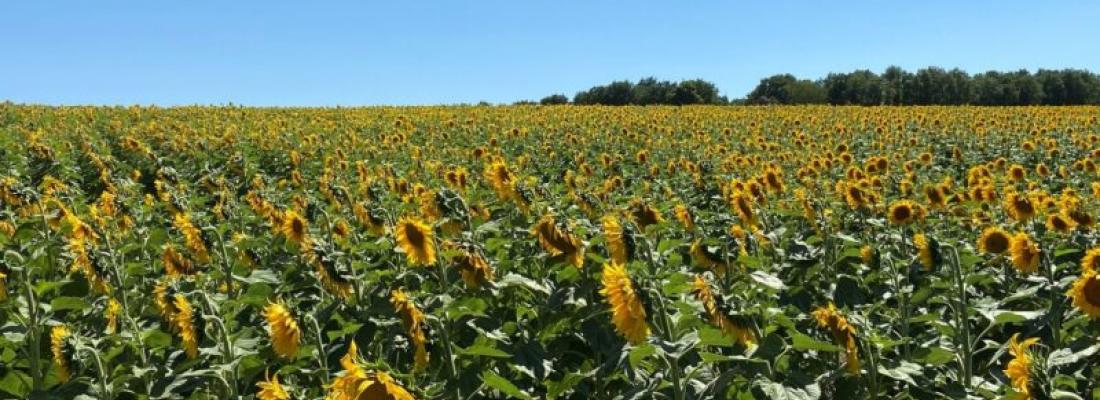Biodiversity Reading time 2 min
Signing of a new Franco-Australian International Associated Laboratory on isotopic biomarkers for plant water and carbon cycles
Published on 01 March 2024

A collaborative scientific project on how plants function to use resources
The scientific project elaborates on skills of both partners, and deals with isotopic, photosynthetic and post-photosynthetic aspects, towards a better understanding of relationships between carbon assimilation, transpiration, and allocation between sink and source organs, to identify quantitative markers associated with traits of interest such as water use efficiency, harvest index, or carbon use efficiency.
The project thus aims to link isotope facilities to enhance analytical capabilities and promote innovation in isotope analysis, and also to provide advances in the field of stable isotopes applied to plant physiology, via either modelling or experimental work.
The International Associated Laboratory will be an opportunity to develop scientific exchange and travels between the laboratories involved, and also training of postgraduate students under joint supervision, research-based training of undergraduate students, or training, travel and accommodation of PhD students.
Combining advanced expertise in isotope techniques
The three partners have a strong history in research with stable isotopes. Important results and applications stem from research conducted at ANU using carbon isotopes and their relationship with water use efficiency.
More recently, advances have been made by partner laboratories on water relations using hydrogen and oxygen isotopes, protein synthesis in grains and seeds using nitrogen isotopes, or harvest index in wheat using carbon isotopes. Also, the partners have excellent facilities for isotope analyses, with complementary methods and equipment.
Taken as a whole, there is presently an excellent opportunity to associate the partners not only to promote research on isotopes in plant biology, but also to enhance capabilities of isotope facilities and thereby create a Franco-Australian isotope hub.
